The Role of Humor in Positive Parenting
21 March 2025
Parenting is a rollercoaster ride—full of highs and lows, laughter and tears, chaos and calm. At times, it can feel like you're walking a tightrope, balancing discipline, patience, and love. But what if I told you that one simple thing—humor—could make this journey a whole lot smoother?
Yep, humor isn't just for stand-up comedians or sitcoms. It's a superpower in parenting, helping you connect with your kids, diffuse tension, and create a joyful home environment. Stick around, and let's dive into why laughter truly is the best medicine for parenting challenges. 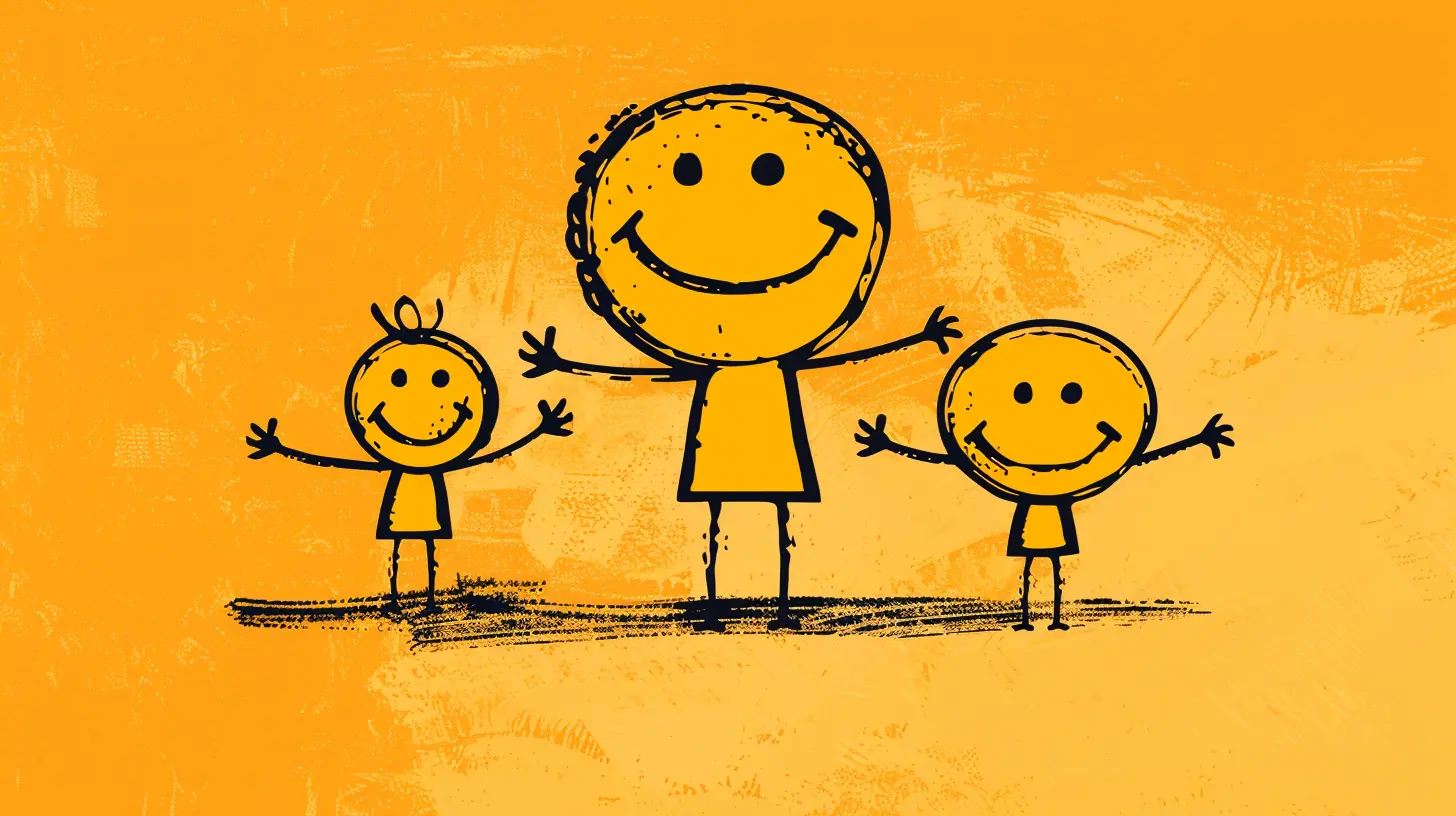
Why Humor Matters in Parenting
Imagine this: Your toddler just painted the living room wall with peanut butter. You have two choices—lose your cool or burst out laughing. If you go with the second option, you’re already mastering the art of using humor in parenting.Humor can:
✅ Reduce stress – Both for you and your child. Laughter releases tension and lightens the mood.
✅ Strengthen connection – Kids love to laugh. Sharing jokes and funny moments builds trust and emotional bonds.
✅ Encourage cooperation – When kids are having fun, they're more likely to listen and follow directions.
✅ Improve resilience – Teaching kids to laugh at mistakes helps them develop a positive outlook on life.
But how do you actually use humor in parenting? Let’s break it down. 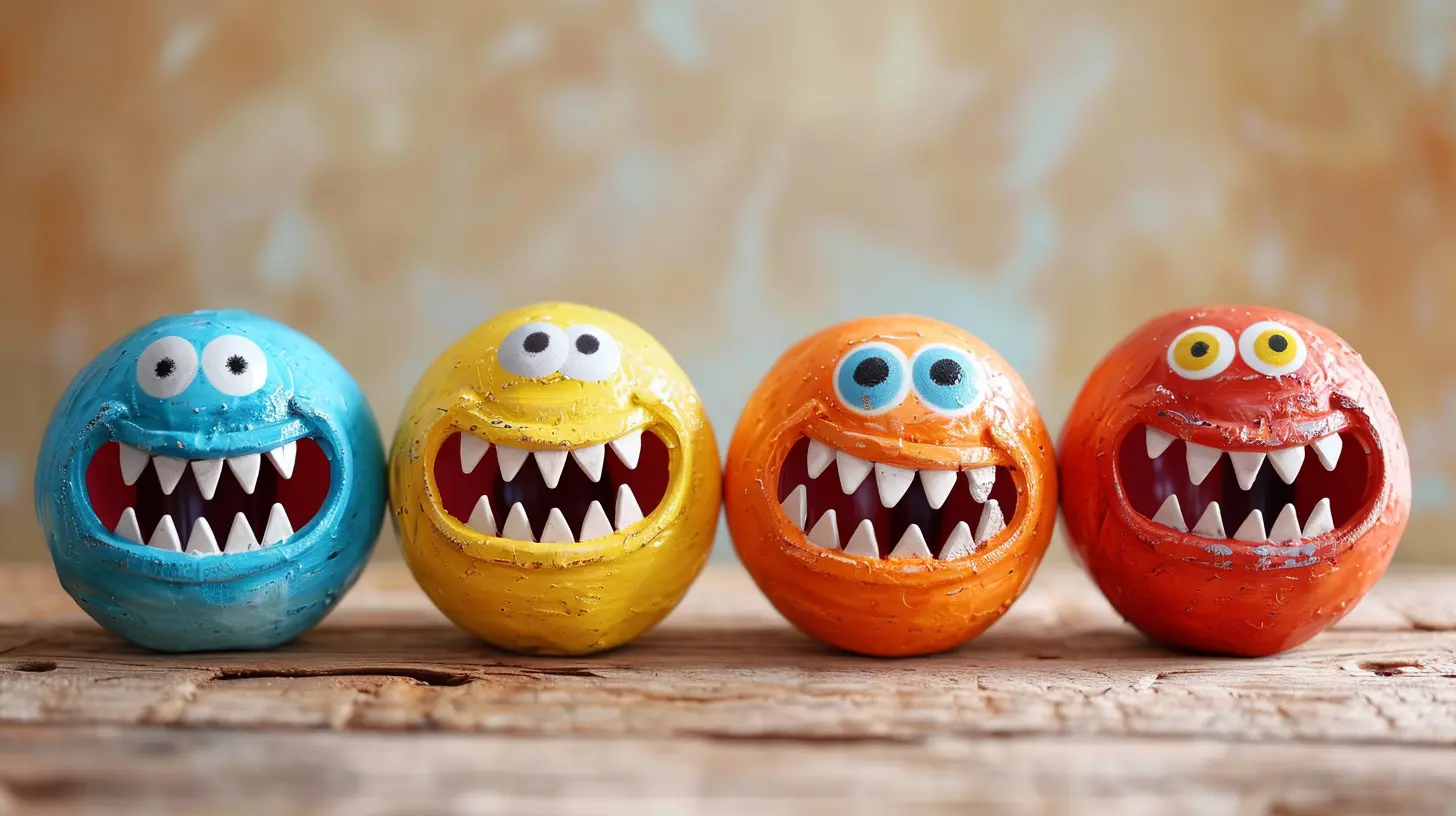
1. Diffusing Tension with Laughter
Ever been in a situation where your child is on the brink of a full-blown meltdown? Maybe you asked them to clean their room or turn off their favorite TV show. Instead of engaging in a battle of wills, try injecting a little humor.Example:
Instead of saying, "Go clean your room right now!" (which often results in whining), try this:"Oh no! It looks like a laundry monster attacked your room! Quick, we need our superhero capes to defeat it!"
Suddenly, cleaning becomes a mission rather than a chore. Humor shifts the focus from power struggles to cooperation. 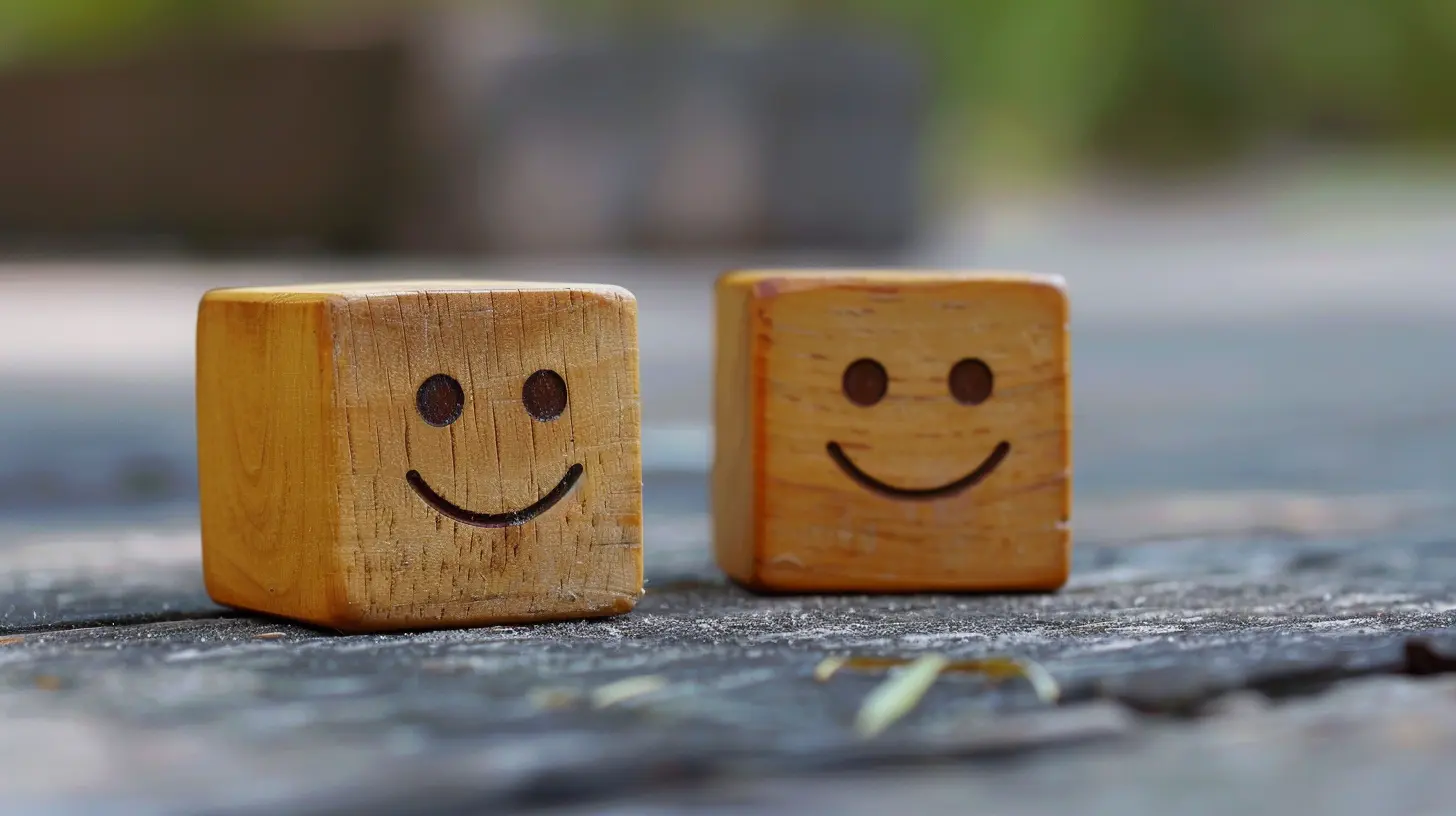
2. Using Playful Parenting to Get Kids to Listen
Children naturally resist commands, especially when they feel pressured. Instead of barking orders, make it fun.Example:
Imagine you're trying to get your toddler to put on their shoes. Instead of demanding:"Put on your shoes now!"
Try:
"Oh no! Your shoes are running away! Do you think we can catch them before they escape?"
This playful approach turns a mundane task into an adventure, making your child more likely to cooperate. 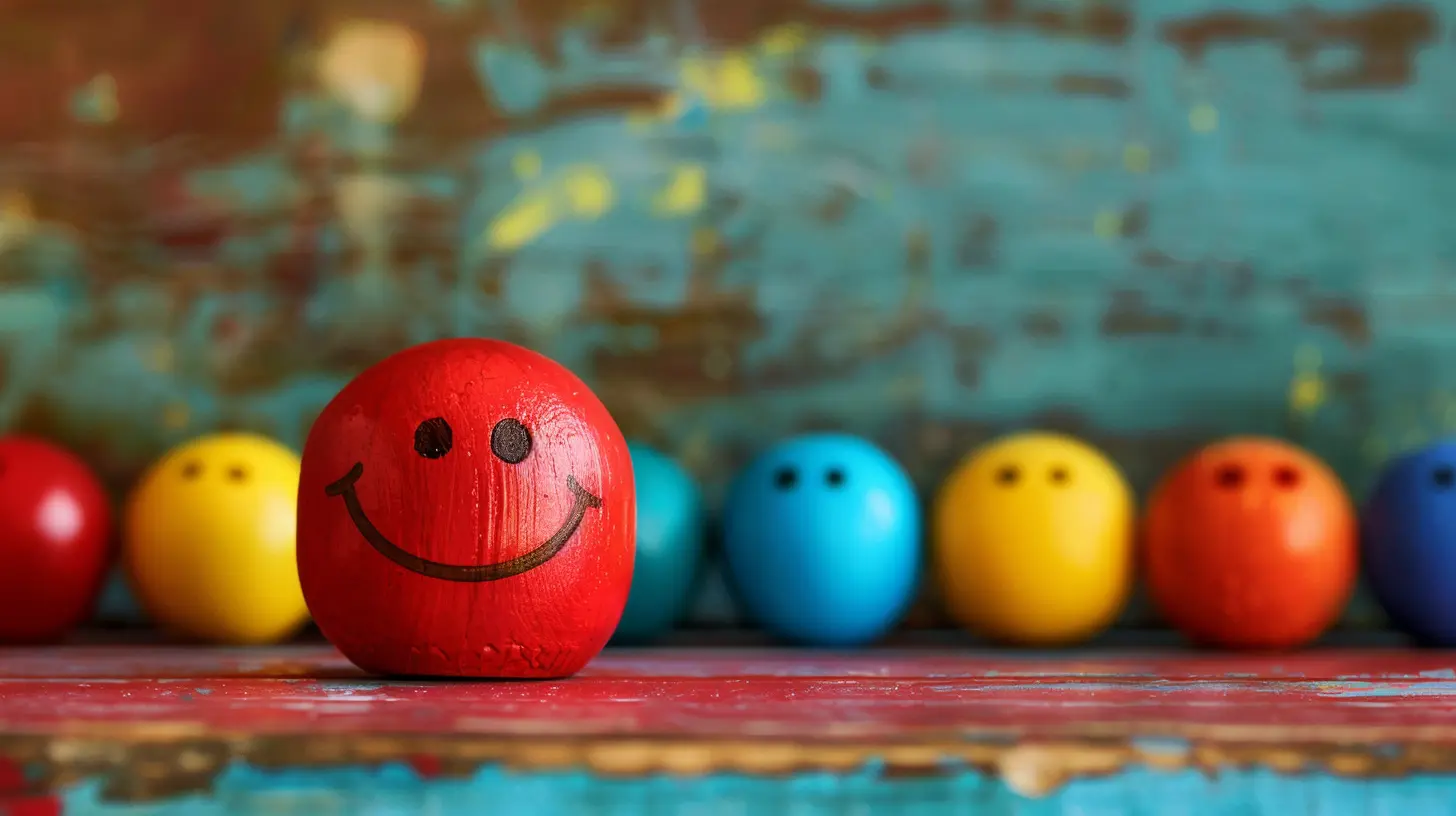
3. Teaching Life Lessons Through Jokes
Not every lesson needs a serious tone. Humor can be a fantastic teaching tool, helping kids learn without feeling pressured.Example:
If your child spills juice all over the table, responding with frustration won't fix the mess. Instead, you could say:"Well, looks like the juice decided it wanted to sit at the table with us!"
This response helps kids learn without fear of making mistakes. They understand accidents happen, and that’s okay—as long as they help clean up.
4. Humor as a Coping Mechanism for Parents
Parenting is exhausting. There are days when you’ll feel like a referee in a never-ending wrestling match. But humor can help you stay sane.Instead of getting angry when things go wrong, find the funny side. Share parenting fails with friends, turn tantrums into silly stories, and remind yourself that even the toughest phases will pass.
Example:
Your toddler just threw spaghetti on the floor? Instead of losing your temper, imagine yourself in an episode of a cooking disaster show and narrate:"Ladies and gentlemen, welcome to ‘Chaos in the Kitchen’ where today’s special is spaghetti-flavored floor decor!"
Laughter can turn frustration into a moment of relief, allowing you to reset and move forward.
5. Strengthening Your Parent-Child Bond with Inside Jokes
Inside jokes create a sense of closeness and security. They make kids feel like they’re part of something special.How to create inside jokes?
- Give silly nicknames to everyday objects- Have a funny word you always use in certain situations
- Create a goofy dance for stressful moments
- Repeat funny things your child says back to them
These small moments build connection and warm memories that last a lifetime.
6. When NOT to Use Humor
Humor is a fantastic tool, but it’s important to use it wisely. There are times when laughter isn't the best response.🚫 When your child is genuinely upset. If they’re crying because they got hurt or feel rejected, they need comfort, not jokes.
🚫 When they feel embarrassed or insecure. Making fun of their mistakes can damage their confidence.
🚫 When it dismisses their feelings. Saying “Oh, just laugh it off” when they’re struggling can feel invalidating.
The key is to balance humor with empathy. Know when to be silly and when to be supportive.
7. Making Laughter a Daily Habit
Want to bring more humor into your parenting? Try these simple habits:🎭 Use funny voices – Kids love when parents get goofy! Try using a robot voice when asking them to brush their teeth.
📖 Read funny books together – Laughter-filled bedtime stories create fantastic memories.
🎶 Make up silly songs – Sing about getting dressed, brushing teeth, or doing chores in the silliest way possible.
😂 Tell jokes at dinner – Set a tradition where everyone shares a joke at the table.
Conclusion
Parenting doesn’t have to be all serious business. In fact, embracing humor can make the experience more enjoyable for both you and your kids. It helps diffuse tension, encourages cooperation, and strengthens your bond.So next time things get chaotic, take a deep breath, find the funny side, and remember—a little laughter goes a long way in positive parenting!
all images in this post were generated using AI tools
Category:
Positive ParentingAuthor:

Zelda Gill
Discussion
rate this article
7 comments
Arwen McKee
Laughter truly is the best parenting tool! A sprinkle of humor can turn tough moments into cherished memories. Embrace those giggles and let your kids see the funny side of life—it makes every challenge a little easier to tackle!
April 7, 2025 at 2:47 AM

Zelda Gill
Absolutely! Humor not only lightens the mood but also strengthens the bond between parents and children, making challenges more manageable and creating lasting memories.
Christina Carey
Laughter is a powerful tool in parenting! Embracing humor not only lightens challenging moments but also fosters connection and resilience. Let's nurture joy and creativity in our families every day!
April 6, 2025 at 5:03 AM

Zelda Gill
Absolutely! Humor is indeed a vital ingredient in parenting, enhancing bonds and making tough times more bearable. Nurturing joy promotes resilience and creativity in our families. Thank you for highlighting this!
Coral Pacheco
Humor is not just a tool—it's an essential lifeline in parenting. Laughter transforms chaos into joy and teaches resilience. Embrace the absurdity of parenting; it's messy, unpredictable, and downright hilarious at times. If you’re not laughing, you’re missing out on some of the best moments. Don’t take it all too seriously!
April 4, 2025 at 5:00 AM

Zelda Gill
Absolutely! Humor is a vital ingredient in parenting, turning challenges into cherished memories and fostering resilience. Embracing the absurdity not only lightens the load but also helps us savor the journey. Laughter truly enhances the experience!
Lisette Patel
Laughter truly is the best parenting tool! When chaos reigns, a silly face or a goofy dance can turn tears into giggles. Embracing humor not only lightens our hearts but also creates joyful memories. Let's sprinkle some giggles into our everyday parenting adventures!
April 3, 2025 at 2:24 PM

Zelda Gill
Absolutely! Humor is a powerful tool in parenting that transforms challenging moments into joyful memories, helping to strengthen bonds and lighten the atmosphere. Let's keep the giggles flowing!
Calaris McMaster
Humor is essential in parenting; it lightens tough moments and strengthens bonds with our kids. Laughing together creates cherished memories and teaches resilience. By embracing silliness, we model a positive outlook on life, showing our children that joy can coexist with challenges. Let’s not underestimate the power of a good laugh!
April 2, 2025 at 3:37 AM

Zelda Gill
Absolutely! Humor truly enriches parenting by fostering connections, creating joyful memories, and teaching resilience. It's a powerful tool that can transform challenges into moments of joy. Thank you for emphasizing its importance!
Tracie O'Brien
Laughter: the secret ingredient that turns parenting chaos into joyful memories!
March 28, 2025 at 5:52 AM

Zelda Gill
Absolutely! Laughter truly transforms chaos into cherished moments, making the parenting journey more enjoyable and memorable.
Gunnar Brooks
Humor fosters connection and resilience in parenting.
March 27, 2025 at 5:21 PM

Zelda Gill
Absolutely! Humor creates bonding moments that help families navigate challenges together, enhancing both connection and resilience.
MORE POSTS

Confidence Through Curiosity: How Exploration Builds Self-Belief

Can Permissive Parenting Lead to Entitlement? The Full Picture

Helping Your Teen Develop a Strong Work Ethic

How to Encourage Gratitude in Your Teen
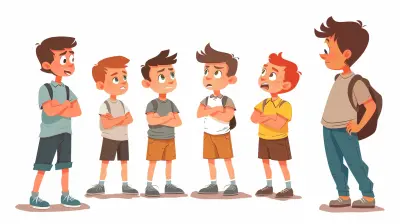
How to Navigate Difficult Conversations with Teachers About Bullying

How to Foster a Strong Parent-Teen Relationship